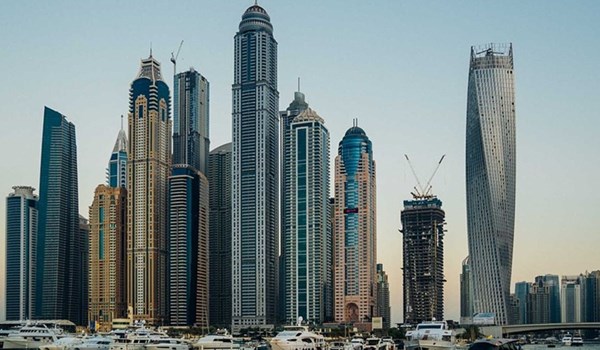Jurisdictions
Regions
Industry Sectors
01/04/21
UNITED ARAB EMIRATES: Expats urged to take note of tax implications before investing.

As published on arabianbusiness.com, Thursday 1 April, 2021.
Expats working in the UAE looking to build a tax-efficient portfolio need to consider their home country's laws and where their assets are being invested, according to a leading industry expert.
Mark Schofield, partner, Tax and Legal Services, PWC Middle East, was talking during a panel session at the inaugural Arabian Business Money Forum, discussing ‘Securing your wealth in a changing world’.
As the old adage goes, only two things in life are certain – death and taxes. And Schofield said it was vital to look at tax policies in countries before deciding to invest. Particularly, he pointed to taking advantage of the increasing number of tax treaties being drawn up between the UAE and other nations.
“If you live in the UAE, and if you are a British citizen, the tax treaty between the UK and the UAE is a very good treaty from the perspective of somebody who lives here, but if you're a Danish citizen, there's no tax treaty between the UAE and Denmark,” he said. “It means that Denmark is still an expensive place to invest.”
The six members of the Gulf Cooperation Council (GCC) agreed to introduce VAT in 2018. The UAE currently has a 5 percent VAT charge, while Saudi Arabia ramped up its VAT to 15 percent last year as part of efforts to mitigate the economic impact of coronavirus. Oman has twice delayed implementation and is due to introduce VAT this month.
The Sultanate has also revealed plans to start taxing the income of wealthy individuals from 2022 as part of a broader programme to tackle a budget deficit that has ballooned due to low oil prices and the Covid-19 pandemic.
“If we look forward five years from now as the economies diversify away from oil and gas. People talk about net zero and things like that. Well, net zero in this part of the world is probably not going to work because oil and carbon are at the heart of the economy, whether directly or indirectly through the products that are made,” said Schofield.
“People need to be asking, what is that going to mean for me, and what is the least damaging strategy that I can pursue to protect that wealth and protect the impact of that diversification,” he added.
And he warned that the fall-out from the huge economic stimulus packages announced by countries around the world to limit the financial impact of the coronavirus will come back to hit people in the pocket in the form of taxation.
In the US alone, last month, President Joe Biden signed a $1.9 trillion coronavirus relief package. The plan sends direct payments of up to $1,400, extends a $300-a-week unemployment insurance supplement, expands the child tax credit and puts funds into vaccine distribution.
But Schofield said: “Somewhere along the line, this has to get paid for. And somewhere along the line the markets will turn around and go, hang on, how sustainable is this level of debt or interest? And that means that, ultimately, people have to pay because they have to take wealth out of the economy to fund it and that generally will come through tax.”



